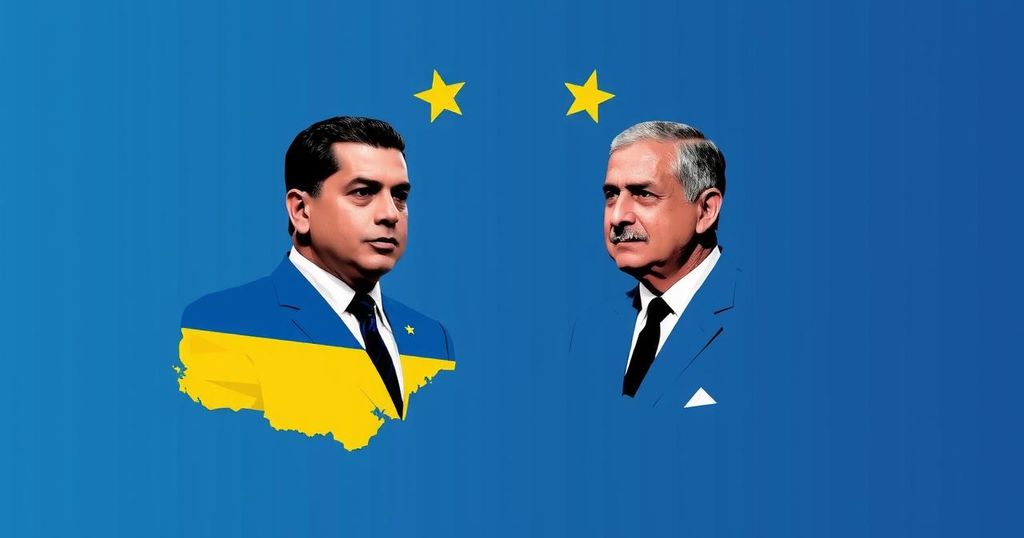US Sanctions Additional Maduro Allies Amid Electoral Repression Allegations

The United States has sanctioned 21 of President Nicolás Maduro’s allies over alleged repression following July’s disputed election, while recognizing opposition candidate Edmundo González as the “president-elect.” These sanctions reflect ongoing U.S. concerns about election legitimacy and human rights abuses in Venezuela.
The United States has enacted sanctions against 21 additional associates of President Nicolás Maduro, alleging that these individuals have facilitated and engaged in repression following July’s contested presidential election in Venezuela. Among those sanctioned by the U.S. Department of the Treasury are key security officials, including the head of the corrections agency, the director of an intelligence agency, and the minister of Maduro’s Office of the President. These individuals now join the ranks of numerous others previously sanctioned, which includes figures such as the head of Venezuela’s high court, various ministers, and prosecutors.
In a related development, the Biden administration recently acknowledged opposition candidate Edmundo González as the legitimate “president-elect” of Venezuela. On the same day, the U.S. also imposed visa restrictions on individuals implicated in repressing Venezuelan citizens post-election. Despite Maduro’s proclamation of election victory, his administration has not disclosed any official vote counts to substantiate this claim, leading to significant doubts about the legitimacy of the election results.
Forced into exile in Spain after an arrest warrant was issued for him related to purported electoral discrepancies, González, a former diplomat representing major opposition parties, contends that he won the presidential election convincingly. Previous sanctions imposed by the U.S. against 16 of Maduro’s allies also focused on accounting for election interference and human rights violations. The impact of the recent sanctions remains uncertain, as Maduro’s allies continue to wield considerable influence within the Venezuelan government. As discussions intensify among Venezuelan lawmakers regarding a proposed bill to classify economic sanctions as a crime against humanity, the political landscape remains tumultuous and charged.
The backdrop of this situation revolves around the ongoing political unrest in Venezuela, particularly following the disputed July presidential election. Nicolás Maduro’s administration has faced international scrutiny for its handling of the electoral process and subsequent claims of repression against dissenting voices. The U.S. has actively responded to these events by imposing sanctions on numerous Maduro allies, indicating a broader strategy to support democratic accountability and human rights in Venezuela. The conflict has deepened with the recognition of opposition figures by foreign governments, tracking the political polarization within the country.
In conclusion, the recent sanctions imposed by the United States on 21 allies of Venezuelan President Nicolás Maduro underscore ongoing concerns about repression and electoral integrity in the aftermath of the July presidential election. The Biden administration’s actions reflect a commitment to supporting the Venezuelan opposition while condemning human rights abuses. However, the effectiveness of these sanctions remains in question amidst Maduro’s strong hold on power and the current political climate in Venezuela.
Original Source: abcnews.go.com








